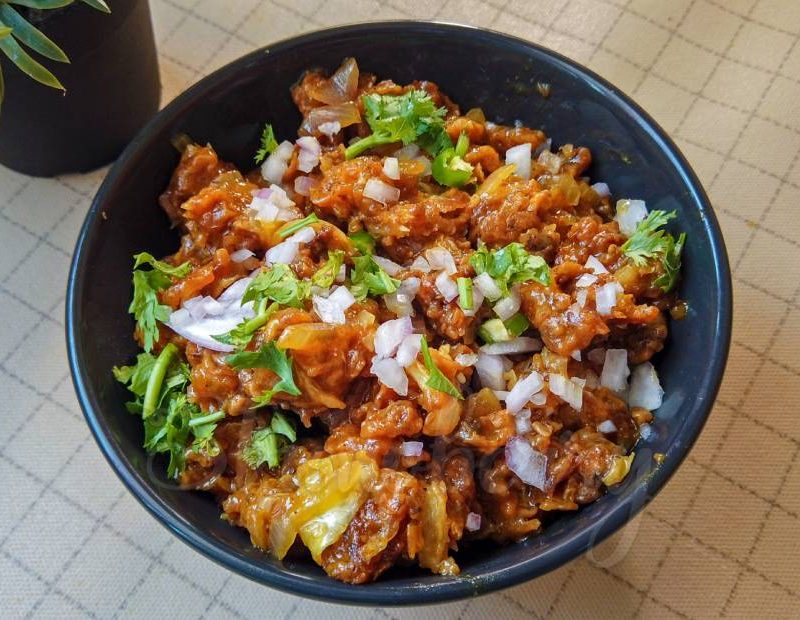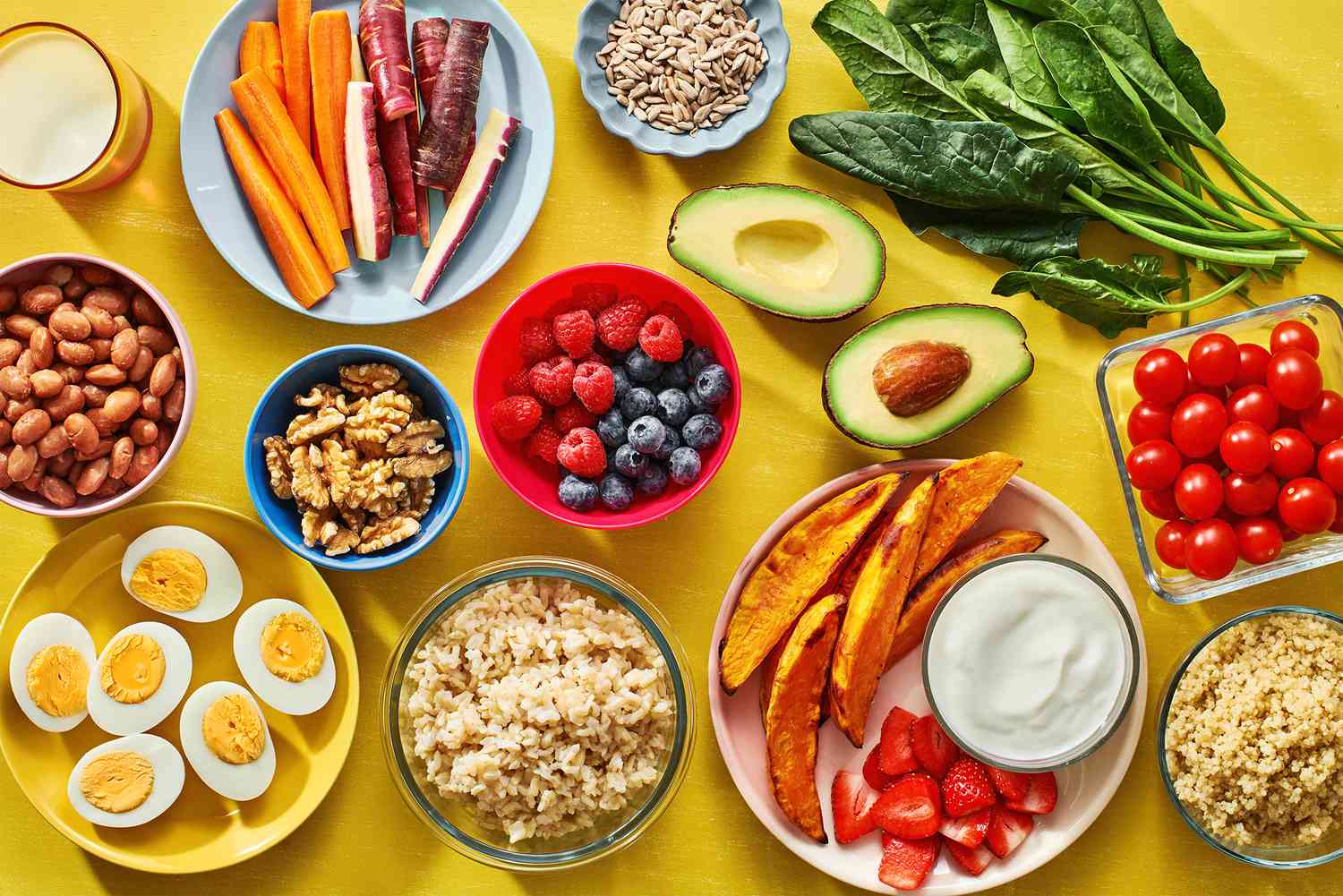In our busy, fast-paced lives, cooking is often seen as a chore—something that takes up time and energy. But if we slow down for a moment, we’ll realize that cooking can be much more than just a daily task. It’s a deeply therapeutic activity that nurtures not just the body, but also the mind. Preparing home-cooked meals offers several mental health benefits that go far beyond the plate.
Cooking is a form of mindfulness. When you’re chopping vegetables, stirring a pot, or measuring out ingredients, your mind is focused on the task at hand. This pulls you into the present moment and helps reduce anxiety or racing thoughts. The repetitive nature of some cooking steps—like kneading dough or mixing batter—can be meditative, offering a sense of calm and control, especially after a stressful day.

There’s also a strong sense of accomplishment that comes with making something from scratch. Whether it’s a simple dal-chawal or a full festive thali, the act of transforming raw ingredients into a meal gives you a tangible result for your effort. This boosts self-esteem and gives a sense of productivity, especially for those who work long hours at desks or in mentally exhausting jobs.
Cooking also stimulates creativity. You don’t always need a recipe to experiment—you can try new spice combinations, reinvent leftovers, or add your own twist to classic dishes. This sense of creative freedom is often missing in structured work environments, making the kitchen a space for self-expression and exploration.
Another emotional benefit is the feeling of connection and love. Cooking for someone—be it your parents, children, spouse, or even a friend—is an act of care. Sharing food you made with your hands strengthens relationships and builds memories. For many, the aroma of a familiar dish instantly brings back childhood moments or family traditions. These emotional ties add warmth to the entire experience of eating.
Even solo cooking can be rewarding. It teaches self-care—that you’re worth the time and effort to nourish your body and mind. Instead of viewing cooking for yourself as “not worth it,” consider it a way to honour your health and happiness. Lighting a candle, playing music, and enjoying a self-cooked meal can feel more comforting than any takeout ever could.
Moreover, studies have shown that cooking at home regularly can reduce feelings of depression and isolation. It gives structure to your day, improves dietary habits, and encourages healthier sleep patterns. Many therapists even recommend cooking as a healing activity for people struggling with grief, loneliness, or burnout.
In conclusion, cooking isn’t just about feeding yourself—it’s about healing, growing, connecting, and expressing. It gives your hands something to do, your mind something to focus on, and your heart something to pour love into. So the next time you enter the kitchen, don’t rush it. Enjoy the process. Feel the textures, smell the spices, and let cooking become a gentle therapy for your soul.



